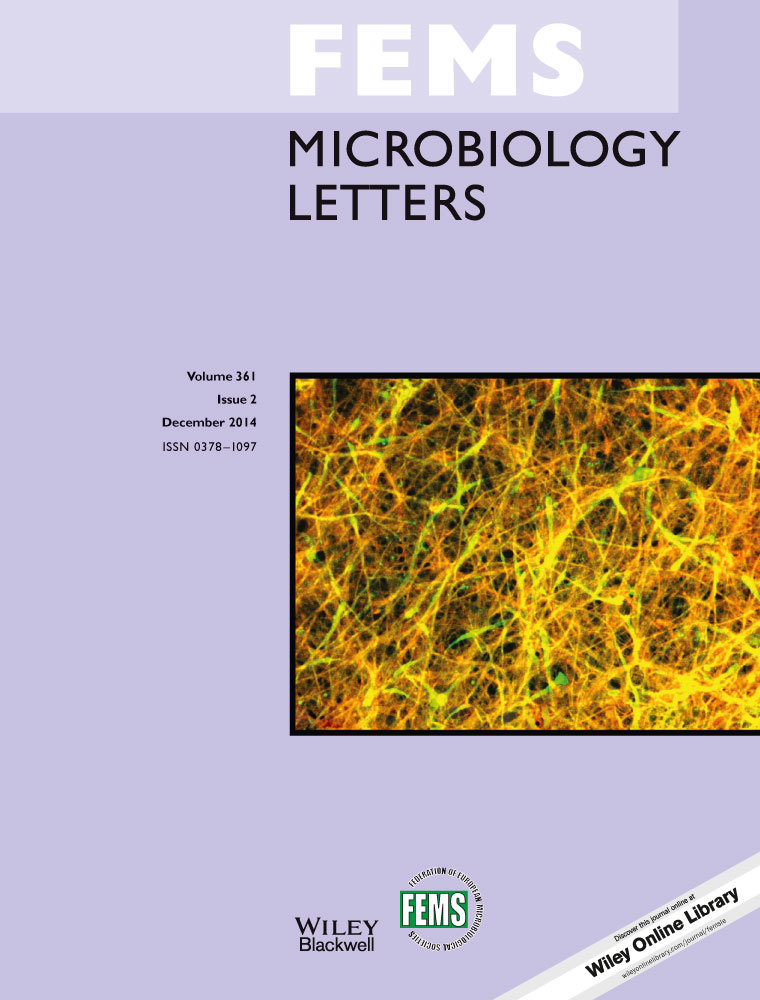Palmitoyl carnitine, a lysophospholipase-transacylase inhibitor, prevents Candida adherence in vitro
Abstract
Candida adherence is poorly understood. The results of this study indicate that interactions of Candida with the lyso-forms of phospholipids may be one important attachment mechanism. C. tropicalis and C. albicans adhered to purified lysophospholipids immobilized on microtiter wells, as well as to a human laryngeal epidermoid carcinoma (HEp-2) cell line. Adherence to both lysophospholipids and HEp-2 cells was significantly reduced by palmitoyl carnitine, a lysophospholipase-transacylase inhibitor. Over time there was a positive correlation between Candida adherence and its transacylase activity. The data suggest that palmitoyl carnitine interferes with Candida adherence to lysophospholipids and the HEp-2 cell line by blocking the interaction between the Candida-associated transacylase enzyme receptor site and its lysophospholipid substrate ligand.




